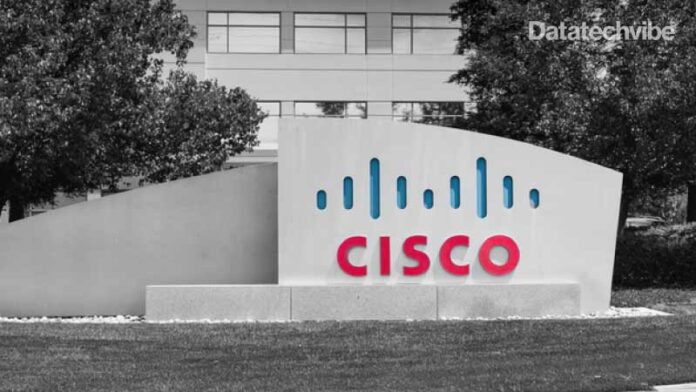As this year’s GITEX exhibition focuses on the interconnected power of technology, Cisco has published its New Trust Standard, which assesses the trustworthiness of an organization’s digital transformation.
This new benchmark seeks to raise the bar for building trust with customers as work becomes hybrid, more data is collected online, and cyber threats increase. The New Trust Standard was presented with supporting data insights from Cisco 2021 Consumer Privacy Survey during the annual GITEX technology trade show held at the Dubai World Trade Center. The survey establishes the following critical elements needed for organisations to earn, maintain, and grow customer confidence:
- Zero Trust Architecture: Keeping out cyber threats by challenging assumptions and verifying every connection, from every device, every time.
- Trusted Supply Chain: Being aware of every component, how it is manufactured, and where it has been – while working closely with suppliers to mitigate risk.
- Data Rights: Stay ahead of evolving customer expectations and government regulations
- Transparency: Being clear about what data is collected and how it is used; being open about incidents and issues as they transpire, and publicising what is being done to rectify.
- Certifications and Regulatory Compliance: Demonstrating commitment to customers by earning trusted certifications awarded by independent third-party auditors.
“Trust is more than a sentiment,” said Fady Younes, Cybersecurity Director, Cisco Middle East and Africa. “Digital businesses need the ability to verify the trust and resilience of its solutions, operations, and actions. This framework helps us understand the core pillars in a process that makes trust quantifiable.”
Also Read: Which Tech Trends Will Impact Your Business?
In the context of today’s digital transformation, these elements are critical to bolstering consumer confidence. According to the Cisco 2021 Consumer Privacy Survey, which engaged 2600 respondents across 12 countries, consumers have a clear desire for transparency and control with respect to a business’ data practices. Other key survey highlights include:
- Privacy Actives: Nearly one-third of consumers have taken a more active role in protecting their privacy, including leaving organisations over their data practices or policies
- Privacy Regulations: Laws are regarded very positively around the world, albeit awareness remains relatively low in many countries
- Data Privacy During the Pandemic: Most people want little or no reduction in privacy protections while supporting broad public health measures
- Artificial Intelligence: Consumers are very concerned about the use of their personal data in AI decision-making, and their trust is at stake









